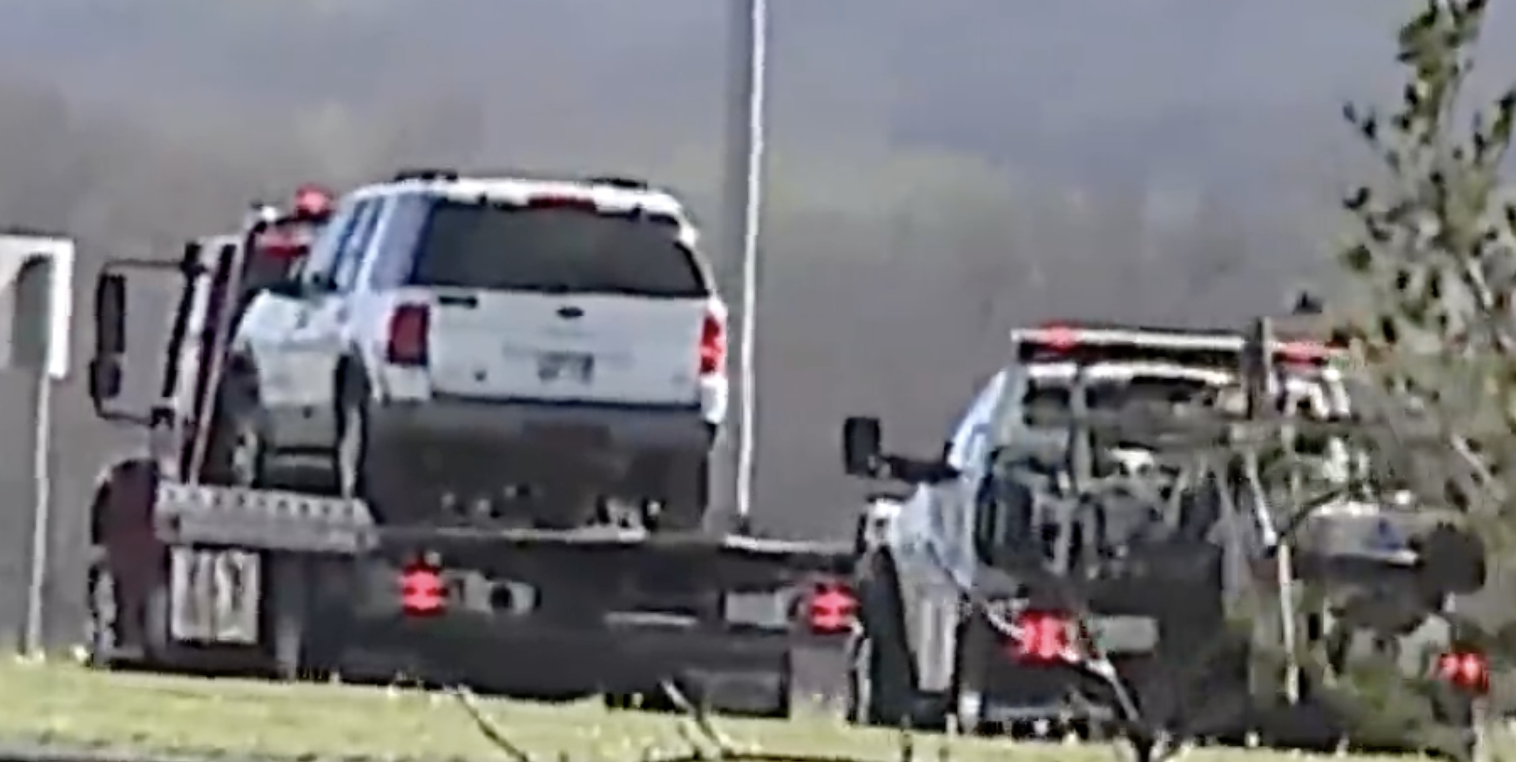
- Details
- By Levi Rickert
The Cheyenne River Sioux Tribe issued a statement on Friday on the death of Cole Brings Plenty (Mnicouju Lakota), a tribal citizen of the South Dakota-based tribe.
Cole Brings Plenty, 27, played Pete Plenty Clouds in the “Yellowstone” spinoff television show “1923.” He is the nephew of famed Native American actor Mo Brings Plenty.
In the statement the tribe demands a thorough investigation into the circumstances of Cole Brings Plenty who went missing in the early hours of Easter Sunday. His body was discovered shortly before noon on Friday near Kansas Cirty, Kansas, according to the Kansas County Sheriff’s Office.
The Tribe's statement is as follows:
“The Cheyenne River Sioux Tribe offers its deepest sympathy and support to Cole’s family and friends. He was an exemplary example of what it means to be a good relative and we stand with you in your grief.
The Cheyenne River Sioux Tribe demands a full and thorough investigation into Cole’s disappearance and subsequent death. Our Attorney General will be in contact with the Kansas Authority to ensure this is accomplished.
Further, to our young relatives who are students and reside in Lawrence, Kansas, we will provide further information about counseling services for anyone in need of support as information becomes available.”
More Stories Like This
Native News Weekly (August 25, 2024): D.C. BriefsColusa Indian Energy Participates in Port of Quincy Town Hall on Columbia Basin Power Project
Q&A: Jingle Dress Dancer Answered Call to Ceremony in Face of ICE Violence
Haaland Gets First Hand Look at Efforts to Address Homelessness in Albuquerque
Navajo Nation Secures $285 Million in Federal Broadband Funding to Connect Thousands of Homes
Help us defend tribal sovereignty.
At Native News Online, our mission is rooted in telling the stories that strengthen sovereignty and uplift Indigenous voices — not just at year’s end, but every single day.
Because of your generosity last year, we were able to keep our reporters on the ground in tribal communities, at national gatherings and in the halls of Congress — covering the issues that matter most to Indian Country: sovereignty, culture, education, health and economic opportunity.
That support sustained us through a tough year in 2025. Now, as we look to the year ahead, we need your help right now to ensure warrior journalism remains strong — reporting that defends tribal sovereignty, amplifies Native truth, and holds power accountable.
 The stakes couldn't be higher. Your support keeps Native voices heard, Native stories told and Native sovereignty defended.
The stakes couldn't be higher. Your support keeps Native voices heard, Native stories told and Native sovereignty defended.
Stand with Warrior Journalism today.
Levi Rickert (Potawatomi), Editor & Publisher


